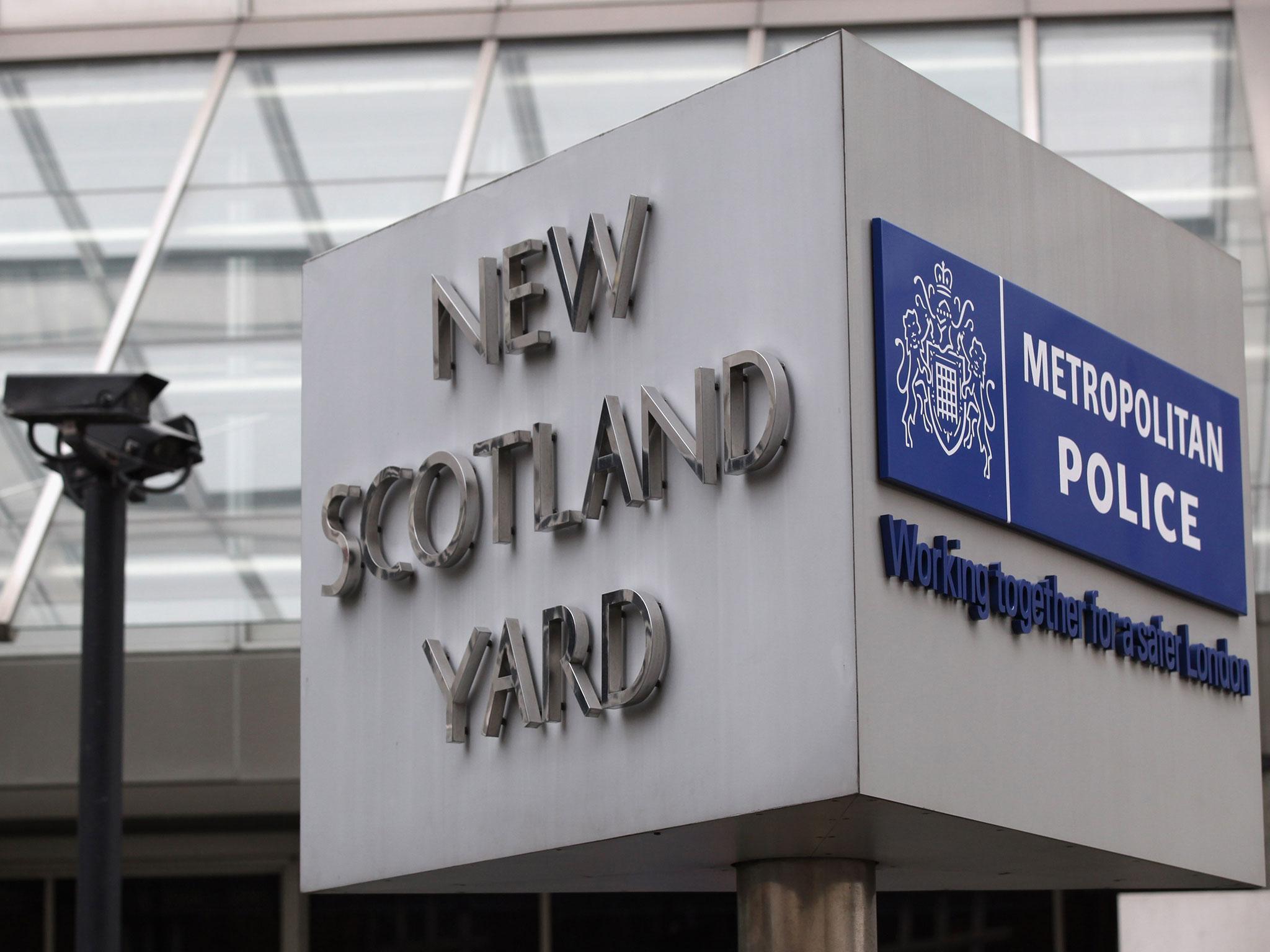Rape trial collapse over undisclosed sex messages blamed on police funding cuts
Innocent student Liam Allan cleared as judge warns over potential miscarriages of justice

Police funding cuts have been partly blamed for the collapse of a rape trial amid fears over potential miscarriages of justice.
A judge threw out the charges against 22-year-old Liam Allan after lawyers discovered messages showing the claimant wanted and enjoyed the sex she later claimed was non-consensual.
Mr Allan had been on bail for almost two years by the time the discovery was made, three days into his trial at Croydon Crown Court.
The messages had been obtained by police when they downloaded the contents of the woman’s phone, but investigators later told the lawyers they contained nothing relevant.
The Crown Prosecution Service (CPS) has announced a review into the case, while the Metropolitan Police said it was “urgently” examining what happened.
Julia Smart, a barrister who defended Mr Allan, said she did not find out the content of the complainant’s phone had been downloaded until a week before the trial.
An initial request to see the contents was declined but a judge granted a formal application on the first day of the trial.
“I took the disk away to discover there were 40,000 messages on it,” Ms Smart told The Independent.
“I read them through the night and into the next morning. It was laborious but I found messages that completely undermined the case.”

Mr Allan was charged with six counts of rape and six of sexual assault after the woman reported him to police, claiming their relationship was unhappy and abusive, and she did not want sex.
“These messages said quite the contrary – that she was extremely happy for the defendant to come back to her after they broke up and extremely happy with the sex,” Ms Smart said.
The defence argued that the sex was consensual and told jurors the woman was attempting to frame Mr Allan, a criminology student at Greenwich University, because he ended their relationship.
Mr Allan said he was “still wrapping my head around” the ordeal when contacted by The Independent and is considering seeking compensation from police.
The claimant could also be prosecuted for perverting the course of justice for allegedly making a false rape allegation.
Acquitting Mr Allan of all charges, judge Peter Gower said the CPS should be considering the matter at the “very highest level”.
“Something has gone very, very wrong in the way this case was investigated and brought to court,” he said, according to The Times.
“There is a risk not only of this happening again, but that the trial process will not detect what has gone wrong and there will be a very serious miscarriage of justice.”
Jerry Hayes, the prosecuting barrister, apologised to Mr Allan and presented no evidence against him on the day the trial collapsed.
“It was the right thing to do,” he later wrote on Twitter. “[The messages] were not disclosed to anybody – not in unused, not sent to the CPS, not on caselines.”
Ms Smart said it appears the Scotland Yard officer who had the phone record “probably didn’t look at it” in full.
“We can only put it down to cuts and funding,” she added. “I can’t see how those messages would not have been disclosed if they had been seen.”
The barrister, of Furnival Chambers, said Mr Allan’s prosecution would have been “nipped in the bud” in light of the information, which was taken from the claimant in January 2016.
“If they had found what I found they would never have charged him,” she added.
“The police have a duty to investigate all reasonable lines of inquiry – if they do have a download they’re supposed to look at it.
“It means putting work in that might be laborious and take time, but it must be done.”
Ms Smart said the case was just one of four she is currently dealing with where evidence has not been disclosed or delayed, forcing lawyers to “fight” to obtain it in court.
One is an ongoing sexual assault case, where the discovery of 50,000 phone messages caused a delay to the trial.
A report issued in July by HM Crown Prosecution Service Inspectorate and HM Inspectorate of Constabulary said even unused items of evidence must be reviewed by police “to see whether it is capable of undermining the prosecution case or assisting the defence case”, adding: “If either factor applies it must be disclosed to the defence.”
Warning of “widespread failures” by both police and prosecutors, the authority said officers failing to comply with requirements were “often ignorant” of their disclosure responsibilities.
Those found filing incomplete record sheets told inspectors it was because of lack of time, limited resources and cumbersome IT systems.
It comes as the Home Office continues to rebuff funding requests from police forces across the country, telling them to make further savings amid a rise in 999 calls, recorded crime and the terror threat.
Scotland Yard said it was “urgently reviewing” the investigation into Mr Allan and will be working with the CPS to understand what took place.
“Until that review is complete the Met will not comment about what has taken place and why,” a spokesperson added.
“However, the Met understands the concerns that have been raised as a result of this case being dismissed from court and the ongoing review will seek to address those.”
The CPS said police provided more detail in Mr Allan’s case in November that was reviewed and meant there was no longer a realistic prospect of conviction.
“Therefore we offered no evidence in the case against Liam Allan at a hearing on 14 December,” a spokesperson added.
“We will now be conducting a management review together with the Metropolitan Police to examine the way in which this case was handled.”
Campaigners emphasised that false rape allegations are rare in comparison to the publicity they receive, with the crime believed to be severely underreported.
Rachel Almeida, from Victim Support, said: “We are aware that false claims of this nature can cause significant harm to those accused, however it is important to highlight that untrue claims of rape are incredibly rare.
“Extensive research has shown this to be the case and that false reporting is actually lower for rape than for other offences.
“Inflated perceptions of false allegations of rape may cast undue doubt on the credibility of victims’ claims and further deter them from coming forward.”
